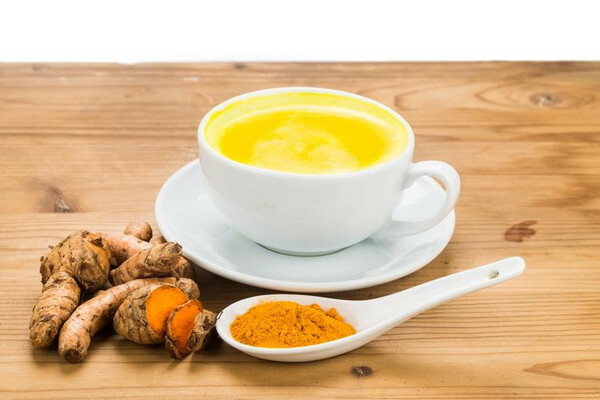Effect of the Herbal Formulation HF1 on the Expression of PD-L1 in PC3 cells
(1) The International School of Bangalore NAFL Valley, Bangalore, India, (2) iCREST-International Stem Cell Services Limited, Bangalore, India
https://doi.org/10.59720/19-075
Cancer is a disease in which abnormal cells divide in an unregulated and uncontrolled fashion, leading to the formation of tumors. One of the mechanisms supporting cancer cell survival is immune evasion. Cancer cells evade the immune system by producing PD-L1, a ligand that is normally produced by non-malignant cells and that interacts with the PD-1 receptor on T cells; this interaction between the PD-L1 ligand and the PD-1 receptor acts like an “off switch” for the production of large amounts of T cells. Though this interaction prevents T cells from attacking normal cells, it also helps cancer cells hide from the immune system. In this in vitro study, we aimed to determine whether treatment with a proprietary herbal formulation (HF1; under patent by Sri Raghavendra Biotechnologies Pvt Ltd, Bangalore) affects CD274 gene expression in the prostate cancer cell line, PC3.
We hypothesized that the gene expression of CD274 gene (though we have used protein name, PD-L1 to refer the gene) will be reduced in PC3 cells (a prostate cancer cell line, able to express PD-L1 upon induction) treated with HF1 when compared to PC3 cells that have been induced to express PD-L1. We found that HF1 treatment resulted in a 4-fold decrease in PD-L1 expression when compared to control (p < 0.001). Results shows that HF1 and other antioxidants may decrease PDL1 expression and thus could be useful to develop as a novel cancer therapy.
This article has been tagged with: